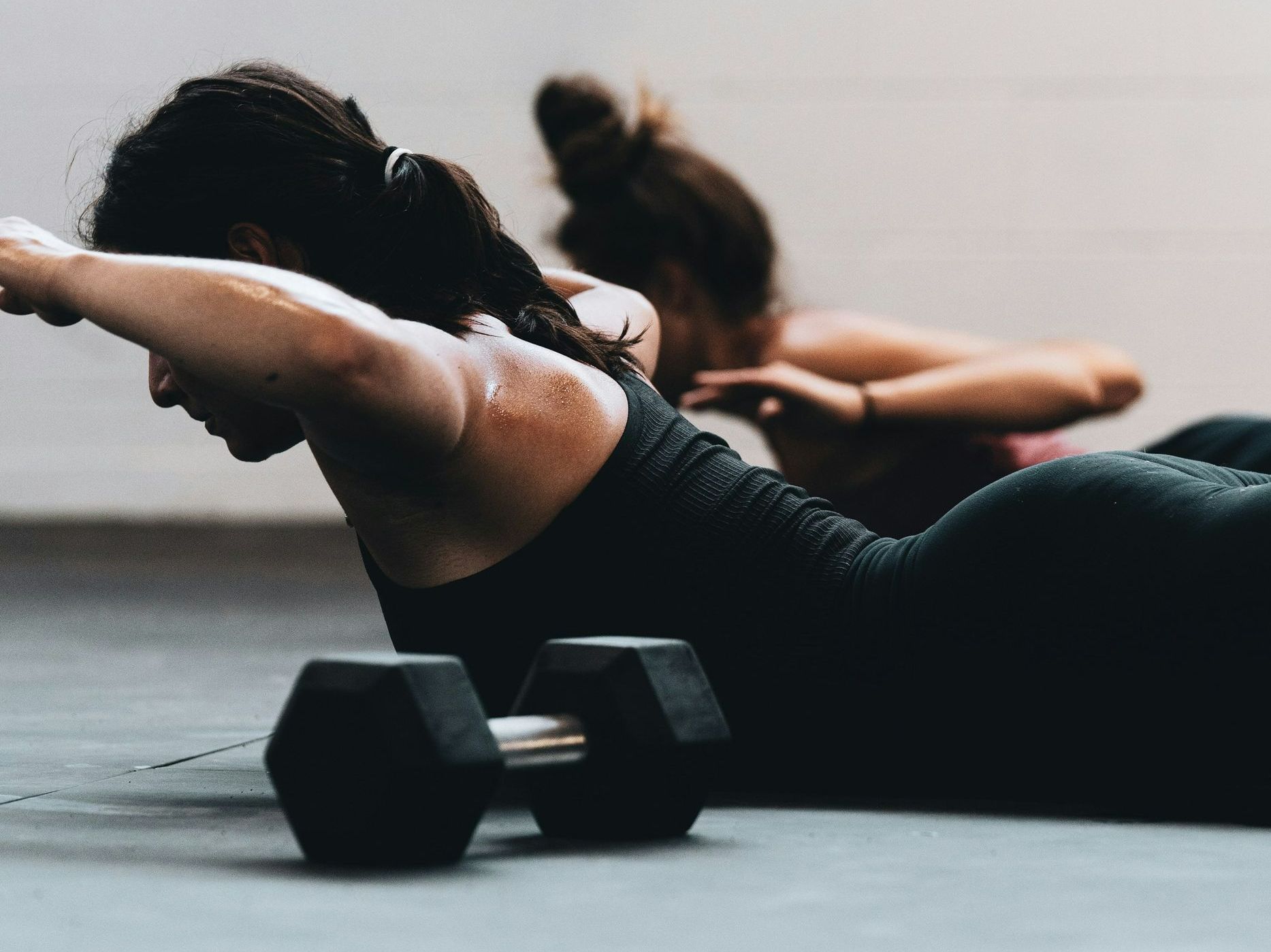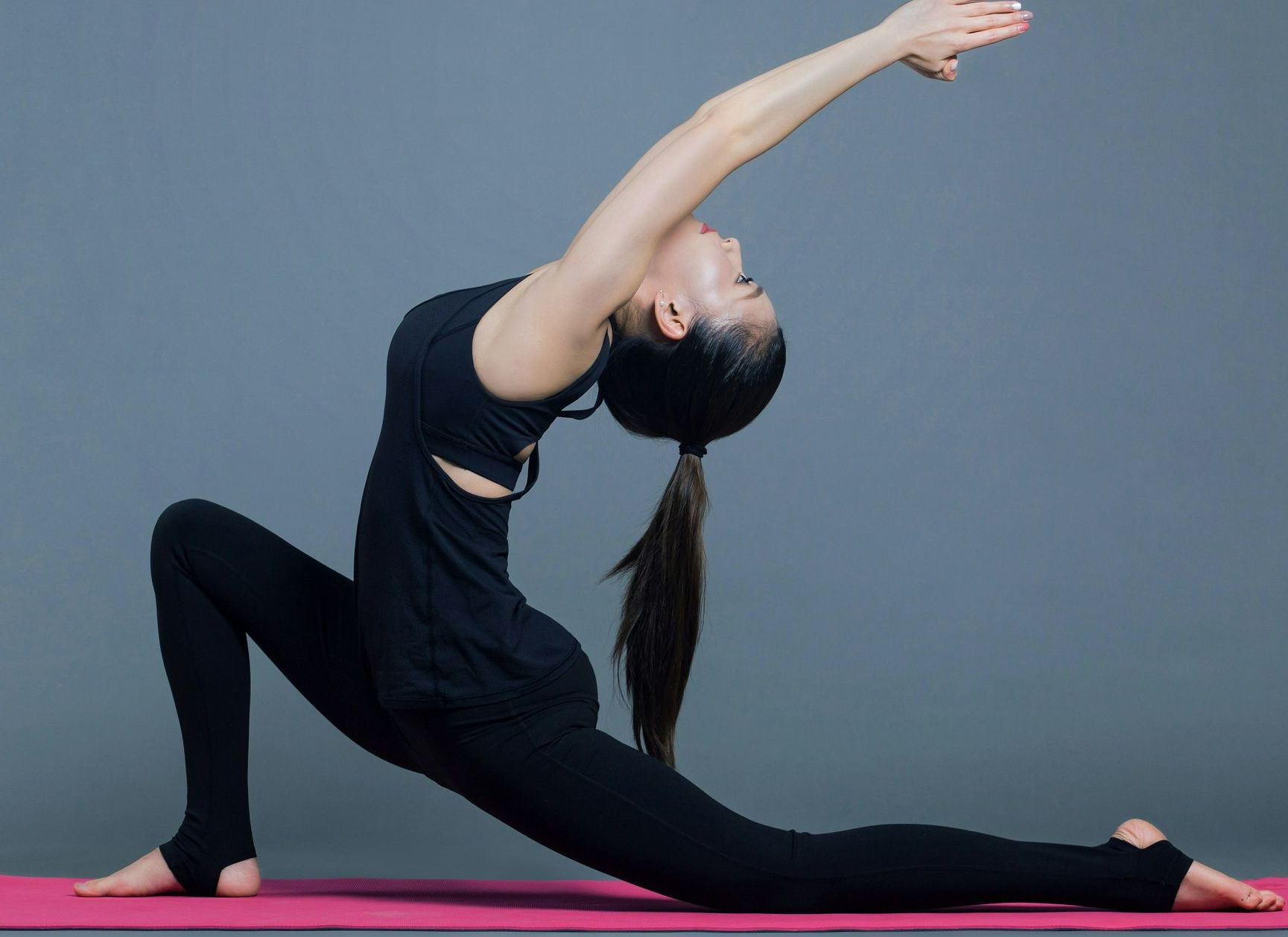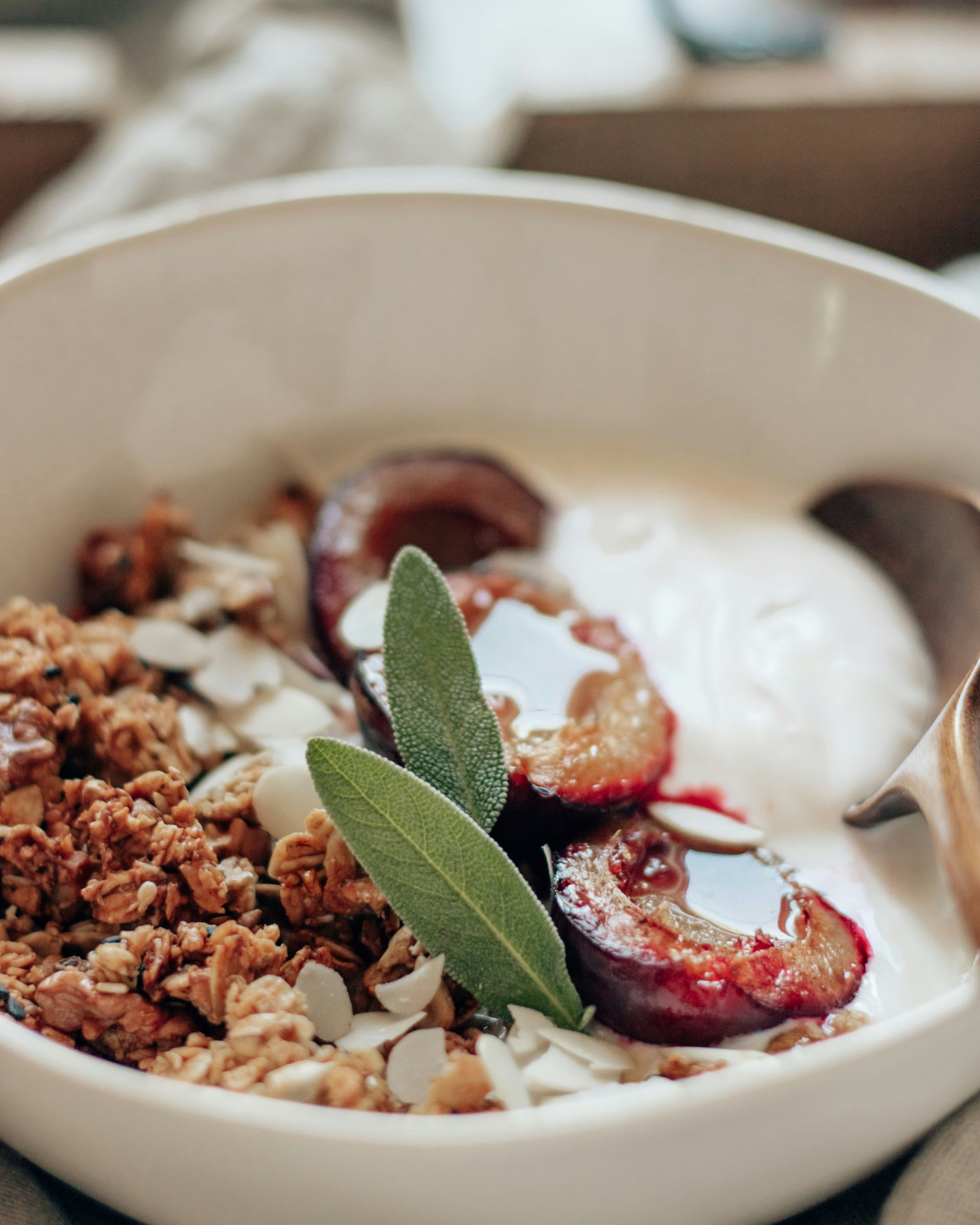
Discover the Benefits of Pilates: Strength, Flexibility, and Mindfulness
Chances are you know someone who practices Pilates or you have at least heard of it. Still, you might not be entirely sure what it is and how it might benefit your health and fitness.
Interestingly, Pilates wasn't initially created as a form of everyday exercise. It was actually invented to help dancers recover from injuries.
The goal was to aid dancers who suffered from overuse injuries by focusing on strengthening their core muscles, with stronger abdominal, hip, and gluteal muscles, the hope was that dancers would experience fewer overuse injuries.
It worked. Dancers who did Pilates suffered fewer injuries. From there, Pilates' popularity grew, and it wasn't long before people realized that anyone could benefit from the low-impact exercise.

Understanding Pilates
Pilates is a type of exercise involving a series of controlled movements that flow into one another with precision. In terms of which muscles Pilates works, it's considered a total body workout. However, its movements are primarily designed to target your core muscles, including:
- Abdominal muscles
- Hip muscles
- Gluteal muscles
- Lower and upper back muscles
- Inner thigh muscles
The goal is to be in complete control of your body as you move, starting from your central core muscles and using the stability these muscles provide to smoothly control your arms, legs, and other extremities.
This is no easy feat, making Pilates an excellent way to build strength and stamina.
Pilates vs. Yoga: What's the Difference?
Yoga can be pretty slow and focuses more on mobility and stretching, while Pilates really emphasizes building functional strength. Pilates as a whole-body workout that encourages you to think about yourself as a person who moves and the best way to support those movements.
It focuses on promoting functional strength, the benefits of Pilates extend beyond your workout, improving the way you move in your everyday life.

Benefits: 5 Reasons to Add It to Your Workout Routine
Here are five benefits of Pilates that might convince you.
Relieves Tension in Shoulders, Back, and Legs
Having strong core muscles promotes better posture, which can prevent or relieve muscle tension that builds up in our day-to-day routines. Many people have weak core and back muscles, and strengthening these postural muscles helps balance out the tension resulting from this weakness.
This is especially beneficial for people who sit at desks for long periods because stronger core and back muscles can help pull you out of those classic desk postures that cause tension and pain in your shoulders and legs.
Boosts Your Body's Natural Fat-Burning Ability
Pilates may not be the best exercise to burn calories quickly, but it helps your body burn fat by building muscle in the areas worked, and this is important since building muscle increases your body's basal metabolic rate — the number of calories your body burns while at rest,
Great for Cross Training and Injury Prevention
Whether you're trying to get in shape or just improve your overall health, no single type of exercise can get you there. In your overarching exercise regimen, you need a variety of workouts, including cardio, strength training, flexibility exercises, and perhaps some high-intensity interval training (HIIT).
Including these various types of exercise in your fitness plan is called cross-training. Cross training is important because it helps prevent overuse injuries you can get from repetitively using your muscles the same way over and over if you're only doing one type of workout.
It's also a great way to mix up your workouts, reducing the chance of the mental burnout that can cause you to stop exercising altogether. Below are four Pilates exercises you can try anywhere!
Promotes Mindfulness and Body Awareness
Pilates encourages you to stay in touch with your body as you build strength. Other strength training workouts, like weightlifting, encourage pushing your body to its limits. This means you might not always be totally listening to your body, making it easier to ignore your body cues.
Pilates is a type of strength training exercise that encourages you to identify and work within the limits of your body. There's also an inherent mindfulness to it and a lot of breath work, which can help relieve tension and stress."
All You Need is a Mat
When you think of Pilates, those complicated-looking machines — called Pilates reformers — may come to mind and seem intimidating. But doing Pilates doesn't require a machine.
In conclusion, Pilates offers numerous benefits, from strengthening core muscles and relieving tension to promoting mindfulness and enhancing body awareness. Whether you're a dancer, an office worker, or someone looking to improve overall fitness, Pilates can be a valuable addition to your exercise regimen.
Looking for 121 Pilates training in London, click here!

Start Today!
Ready to transform your fitness journey? Take the first step towards achieving your goals with personal training!
My take on Health and Fitness



